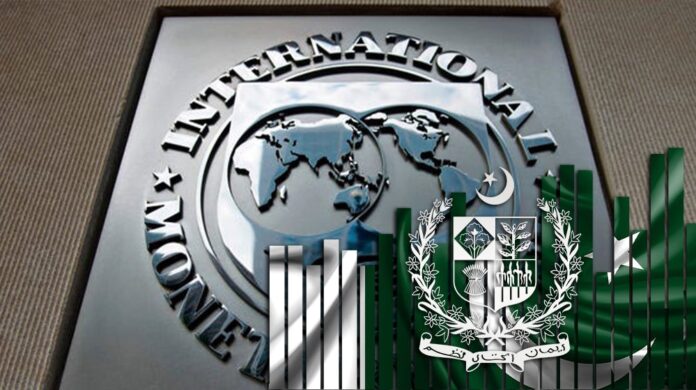The International Monetary Fund (IMF) has highlighted several key governance challenges in Pakistan, noting that the country’s civil service is heavily politicised, accountability mechanisms are weak, and anti-corruption policies are inconsistent. These issues, the IMF warned, contribute to broader governance weaknesses and increase the risk of corruption, The Express Tribune reported.
The findings were presented following the conclusion of a 12-day visit by an IMF legal mission, led by Joel Turkewitz, which engaged with around 30 government organizations and departments.
The mission was part of finalising the Governance and Corruption Diagnostic Assessment report, which is expected to be released in August 2025.
One of the central concerns raised by the IMF is the political influence over the civil service, with the report noting that the heads of state-owned enterprises (SOEs) and their boards are often appointed based on political considerations.
For example, last year, the Pakistan Muslim League-Nawaz (PML-N) government altered the boards of eight out of ten power distribution companies. The IMF’s report emphasises that the politicisation of key positions within the bureaucracy has led to inefficiencies and lack of accountability, with many civil servants protected from punishment for corruption.
The IMF mission also found that Pakistan lacks a unified anti-corruption policy. Multiple agencies, including the National Accountability Bureau (NAB), the Federal Investigation Agency (FIA), and provincial anti-corruption departments, are tasked with addressing corruption, but their efforts are fragmented and often inconsistent. Amendments to the accountability law have weakened NAB’s role, and the Right to Information Act (RIA) is selectively applied, undermining transparency.
Another significant issue highlighted was the weak organizational accountability within key institutions such as the Auditor General of Pakistan (AGP) and the Competition Commission of Pakistan (CCP). The AGP’s role in ensuring proper use of public funds and the CCP’s responsibility for preventing monopolies and ensuring fair market competition have been compromised by inefficiencies and a lack of effective enforcement.
According to the Tribune report, the IMF also noted that the country’s judicial system is slow and burdened with a large backlog of cases, further contributing to governance challenges. Additionally, the IMF found that Pakistan’s policy priorities often focus on short-term goals, undermining long-term planning and decision-making.
The mission called for reforms to address these structural issues, recommending more cohesive decision-making processes, better accountability frameworks, and stronger institutional safeguards to combat corruption.




